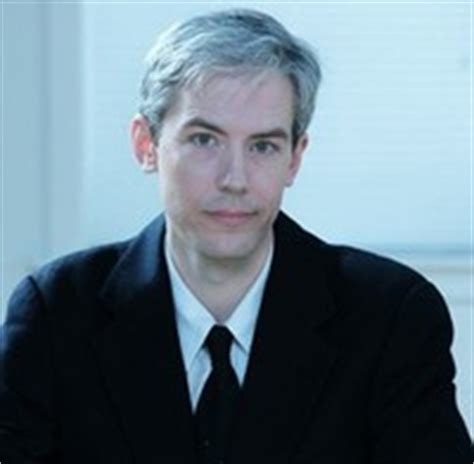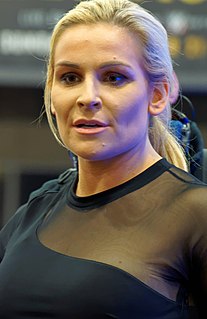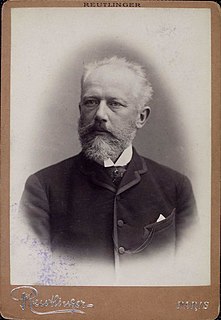A Quote by June Jordan
As I am a poet I express what I believe, and I fight against whatever I oppose, in poetry.
Related Quotes
Another trouble with poetry - and I'm gonna stop the list at two - is the presence of presumptuousness in poetry, the sense you get in a poem that the poet takes for granted an interest on the reader's part in the poet's autobiographical life, in the poet's memories, problems, difficulties and even minor perceptions.
In order to create it is necessary to destroy; and the agent of destruction in society is the poet. I believe that the poet is necessarily an anarchist, and that he must oppose all organized conceptions of the State, not only those which we inherit from the past, but equally those which are imposed on people in the name of the future.
A trouble with poetry is the presence of presumptuousness in poetry, the sense you get in a poem that the poet takes for granted an interest on the reader's part in the poet's autobiographical life, in the poet's memories, problems, difficulties and even minor perceptions. I try to presume that no one is interested in me. And I think experience bears that out. No one's interested in the experiences of a stranger - let's put it that way. And then you have difficulty combined with presumptuousness, which is the most dire trouble with poetry.
I am NOT an anarchist. Never have been, never will be. Just because Crimethinc put out two of my poetry books, I am labeled everywhere as an anarchist poet. I am a poet, yes. Not an anarchist. I have no formulated political philosophy other than a general feeling of disgust for the majority of the human race.
In your language you have a form of poetry called the sonnet…There are fourteen lines, I believe, all in iambic pentameter. That’s a very strict rhythm or meter…And each line has to end with a rigid pattern. And if the poet does not do it exactly this way, it is not a sonnet…But within this strict form the poet has complete freedom to say whatever he wants…You’re given the form, but you have to write the sonnet yourself. What you say is completely up to you.
Loneliness is necessary for pure poetry. When someone intrudes into the poet's life (and any sudden personal contact, whether in the bed or in the heart, is an intrusion) the poet loses his or her balance for a moment, slips into being what he or she is, uses his or her poetry as one would use money or sympathy. The person who writes the poetry emerges, tentatively, like a hermit crab from a conch shell. The poet, for that instant, ceases to be a dead person.
We cannot fight against collectivism, unless we fight against its moral base: altruism. We cannot fight against altruism, unless we fight against its epistemological base: irrationalism. We cannot fight against anything, unless we fight for something--and what we must fight for is the supremacy of reason and a view of man as a rational being.
How can one express the indefinable sensations that one experiences while writing an instrumental composition that has no definite subject? It is a purely lyrical process. It is a musical confession of the soul, which unburdens itself through sounds just as a lyric poet expresses himself through poetry...As the poet Heine said, 'Where words leave off, music begins.'
A true poet is more than just a man who can write a poem with a pen. A true poet writes poetry with his very life. A true poet doesn't use poetic devices to con the heart of a woman but uses the beauty of all that is poetic to serve, cherish, and express love to the heart of a woman. Just as a true warrior is not a conqueror of femininity but a protector of femininity, a true poet is not just a wooer of a woman's heart but one who knows how to nurture and plant love in a woman's heart. Simply put, a true poet is a man who knows how to be intimate with a lover - first and foremost with Christ.




































